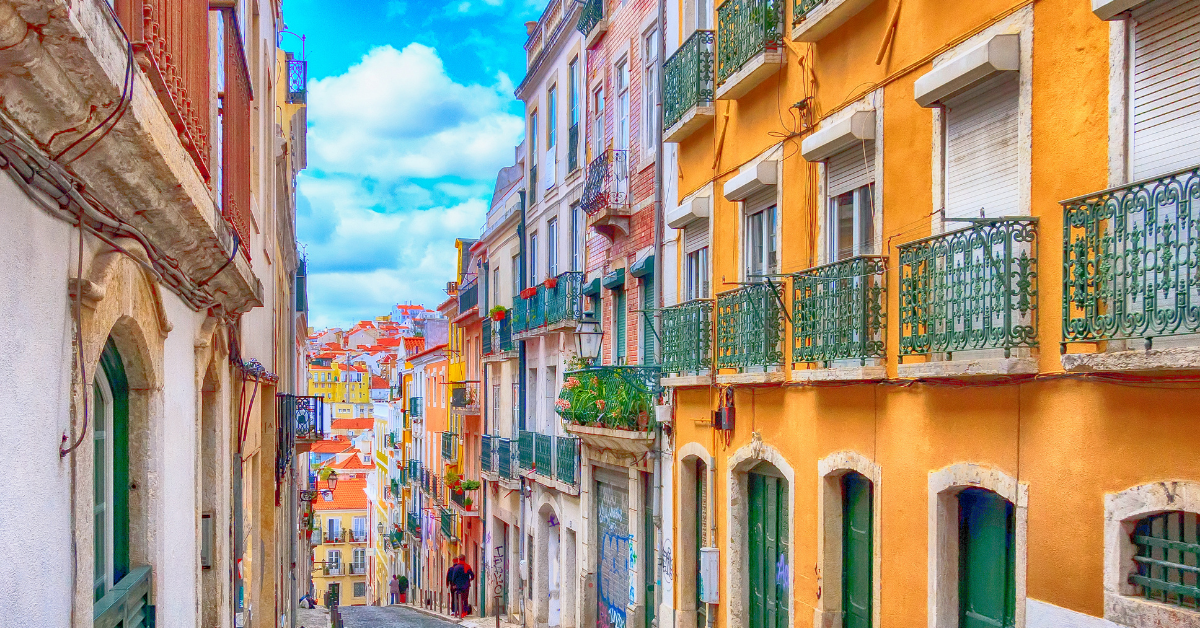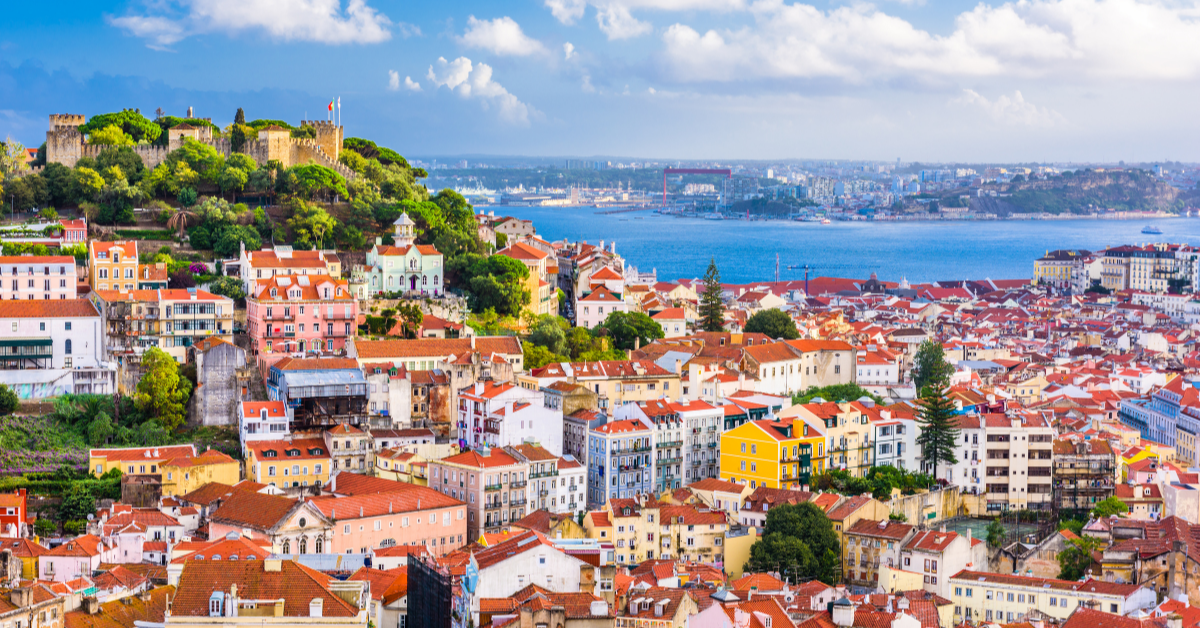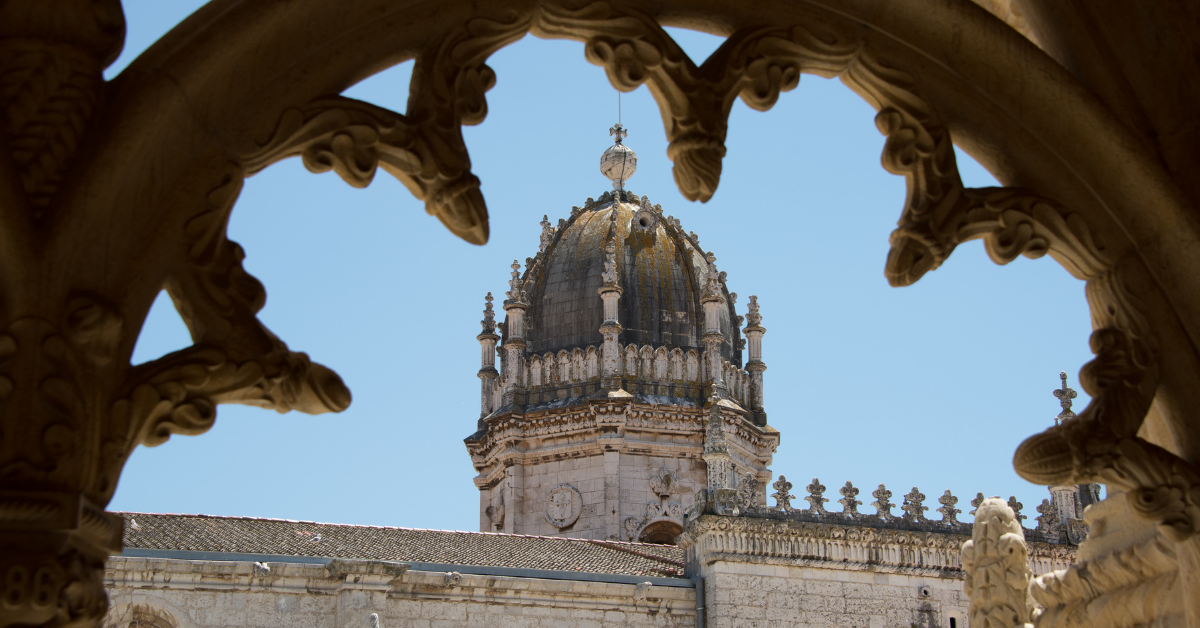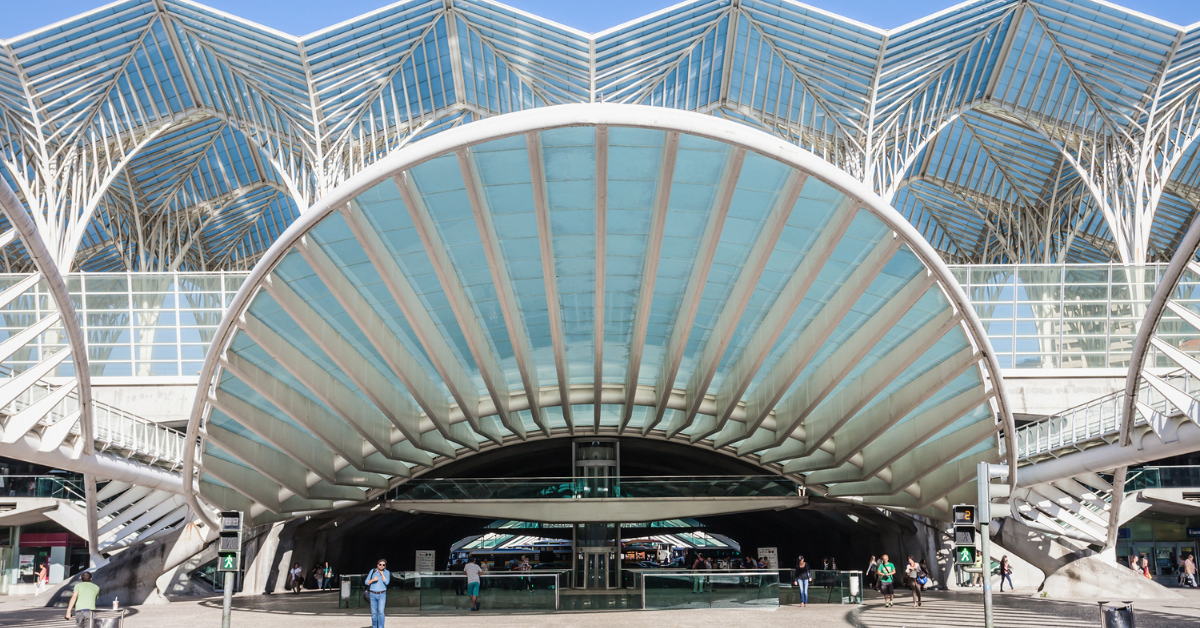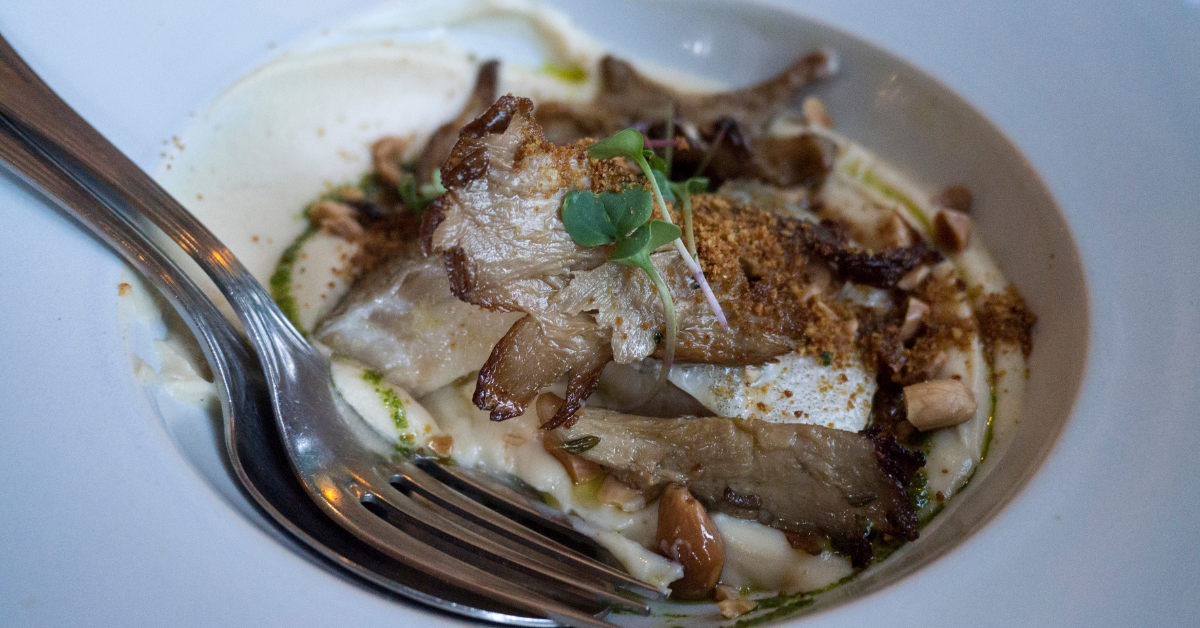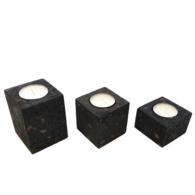Draped across seven hills overlooking the Rio Tejo, Lisbon’s old-world charm, modern vibrancy, and magnificent climate is drawing increased notice from travelers from around the world.
Portugal is a long-time favorite destination for Europeans on holiday. Some of the world’s best beaches wrap around its coastline, the cities are lively and unique, and wine production is one of the country’s most ancient traditions.
As Portugal’s main international gateway, visitors often pass through Lisbon on their way to the beaches or wine country. Yet Lisbon is a fantastic destination in itself, worth spending at least two to three days exploring. Lisbon remains a well-kept secret with much to see and experience in one of Europe’s less-visited capital cities.
Lisbon’s History
As one of Europe’s oldest cities, Lisbon was an essential seaport throughout history and a frequent target for invasion. Several civilizations colonized Lisbon, including Greeks, Romans, Moors, and after 1147, the Portuguese.
The city is full of monuments, palaces, and other buildings that reflect a breadth of architectural styles. Gothic, Baroque, Moorish and Pombaline designs are found throughout the city.
Though it suffered a devastating earthquake in 1755, Lisbon escaped bombings during World War 2, leaving structures from many historical periods intact.
A tour of the city will expose you to its history and culture. The 16th-century Manueline era produced monuments unique to Portugal, ornamented with maritime symbols, the king’s seal, and the national crest. The majestic Jerónimos Monastery, a UNESCO World Heritage site, is an example of Manueline architecture.
Modern Attractions of Lisbon
The 1998 Lisbon World Expo marked a revival period. The city transformed a neglected area into a thriving neighborhood anchored by architectural masterpieces like Calatrava’s Oriente Station and Siza’s Portugal Pavilion.
Visitors can stroll along the Tagus River or ride the cable car to the Vasco da Gama Bridge and take the elevator up the Vasco da Gama Tower to check the view from the top.
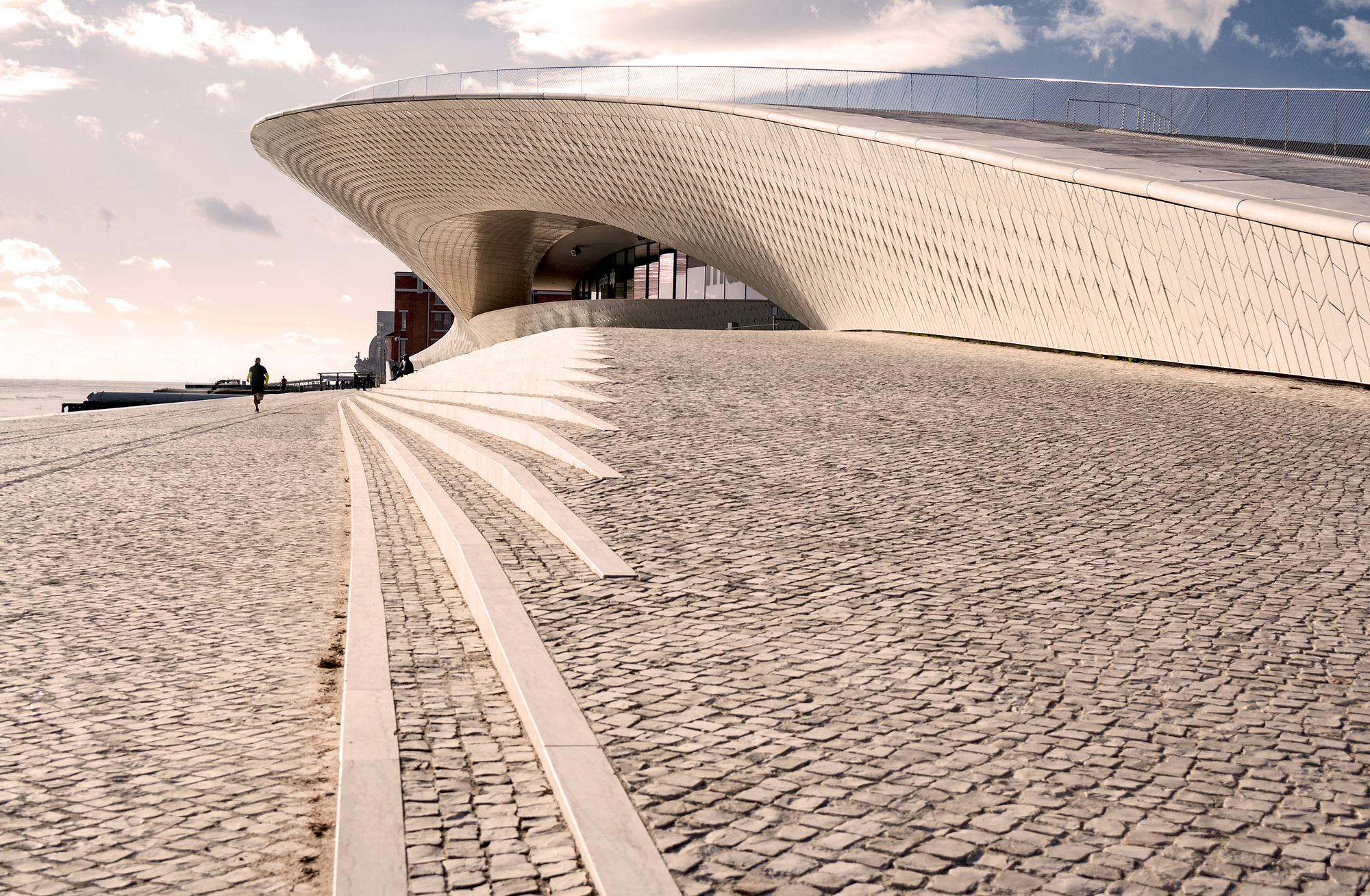
Museum of Art, Architecture, and Technology in Lisbon. Architect Amanda Leveta. The building is located near the water, overlooking the bridge. Lisbon, Portugal.
More recently, the Museum of Art, Architecture, and Technology opened in the historic riverfront Belém district in 2016. The contemporary museum is covered in 15,000 white ceramic tiles. Some people say the exterior resembles the scales of a fish, its undulating form was inspired by water movement.
Lisbon, 2020 European Green Capital Winner!
The seaside capital received the European Green Capital Award in 2020 thanks to its efforts to fight climate change, including a 50% citywide reduction in carbon emissions. Two-thirds of Lisbon’s bike-sharing fleet are electric, allowing locals and visitors to traverse the city’s seven hills more easily.
Lisbon’s Incredible Culinary Scene
Portugal has a long tradition of excellent cuisine. One of the best ways to experience its variety is on a food tour. Join an expert foodie on a walk through the lively Baixa and Chiado neighborhoods, stopping in restaurants and food shops along the way. Taste cured ham and local cheese, fish, roasted chestnuts, and pasteis de nata, a sweet pastry beloved by locals.
A cadre of young chefs are changing the landscape of Portuguese cuisine. Two-star Michelin chef José Avillez has led the charge, blending Portugal’s rich culinary heritage with a modern approach. His intimate Belcanto in São Carlos Square is #42 on “The World’s 50 Best Restaurants List.”
Chef Hugo Brito opened Boi-Cavalo in an old butcher shop in the Lisbon neighborhood of Alfama. The former video artist strives to reimagine some of Lisbon’s classic dishes using common, traditional ingredients.
For a culinary and cultural experience, be sure to book a private sunset and Fado tour. Indulge in a dinner of traditional Portuguese food and wine while appreciating a performance of Fado from one of the most famous houses, a quintessential Lisbon experience
To satisfy your sweet tooth, check out one of the small-batch chocolate shops in Bairro Alto, like Chocolataria Equador or Bettina and Niccolò Corallo.
Unique Souvenirs of Lisbon
Lisbon offers a wide variety of shopping, from gleaming shopping centers to traditional, family-run markets. The city’s blossoming creative and artisan scene provides a host of unique shopping experiences and one-of-a-kind goods that you may want to tuck into your suitcase and bring home.
Embaixada is a shopping gallery located in Ribeiro da Cunha Palace. This 19th-century new-Arabian edifice in the trendy Príncipe Real neighborhood has the best shops. The boutiques host a series of artists and brands focused on Portuguese design, craftsmanship, fashion, gastronomy, and culture. The ground-floor café and collection of rotating art exhibits complete the experience.
Portugal is the biggest cork producer in the world. Shop for some unique cork items at Cork & Co such as purses, candles, home decor, and more!
LX Factory is a former industrial complex that has been transformed into a mural-splashed collection of artisan shops located in the Príncipe Real neighborhood. A growing tourist attraction, this urban, trendy space houses shops, restaurants, bars, bookstores, and galleries.
Are you inspired to check out Lisbon? Set up some time to chat here let’s get started




